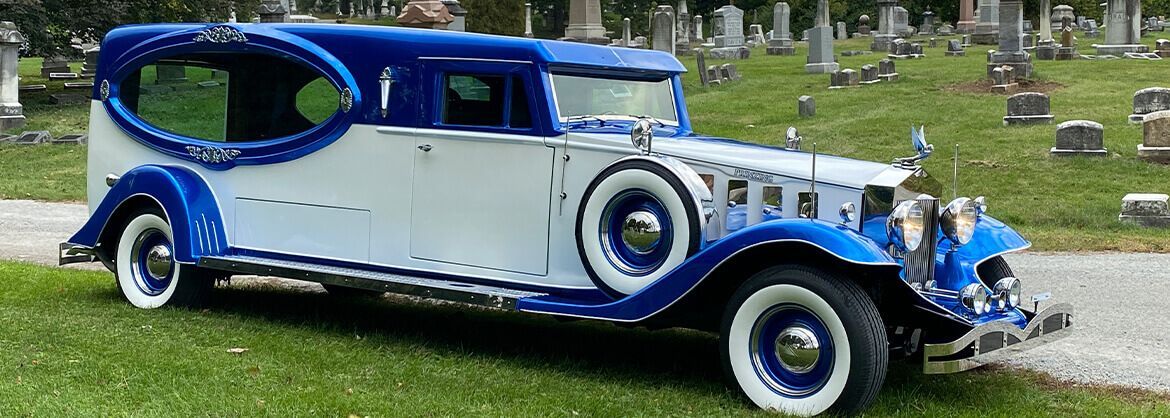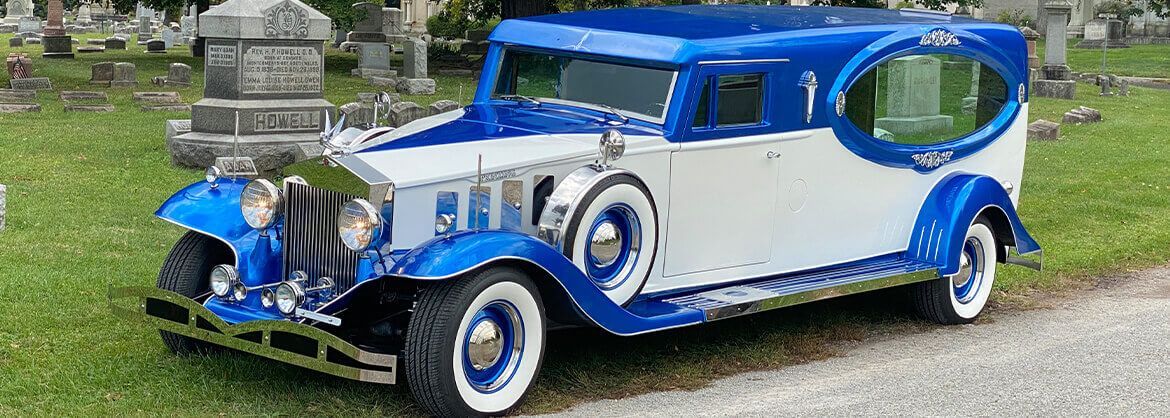WELCOME TO
Edwards Funeral Service, Hughes-Allen Chapel
Thank you for visiting Edwards Funeral Service, Hughes-Allen Chapel. We have added this website to our list of family centered services. It is our goal to offer the most caring and affordable services to all families we serve. Offering a wide variety of services to meet all traditional and cremation families' needs is very important to us.
-
Plan Ahead
Stark beauty of desolate dunesLEARN MORE -
Send Flowers
Portraits of people from around the globeLEARN MORE -
Grief Support
Breathtaking colors of our planetLEARN MORE
CONTACT US
Edwards Funeral Service, Hughes-Allen Chapel
365 Days of Grief Support
Sign up for one year of grief messages designed to offer hope and healing during the difficult first year after a loss
Please wait
Verifying your email address
Please wait
Unsubscribing your email address
You have been unsubscribed
You will no longer receive messages from our email mailing list.
You have been subscribed
Your email address has successfully been added to our mailing list.
Something went wrong
There was an error verifying your email address. Please try again later, or re-subscribe.









